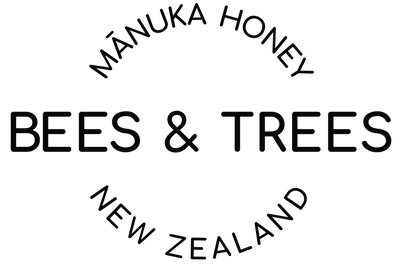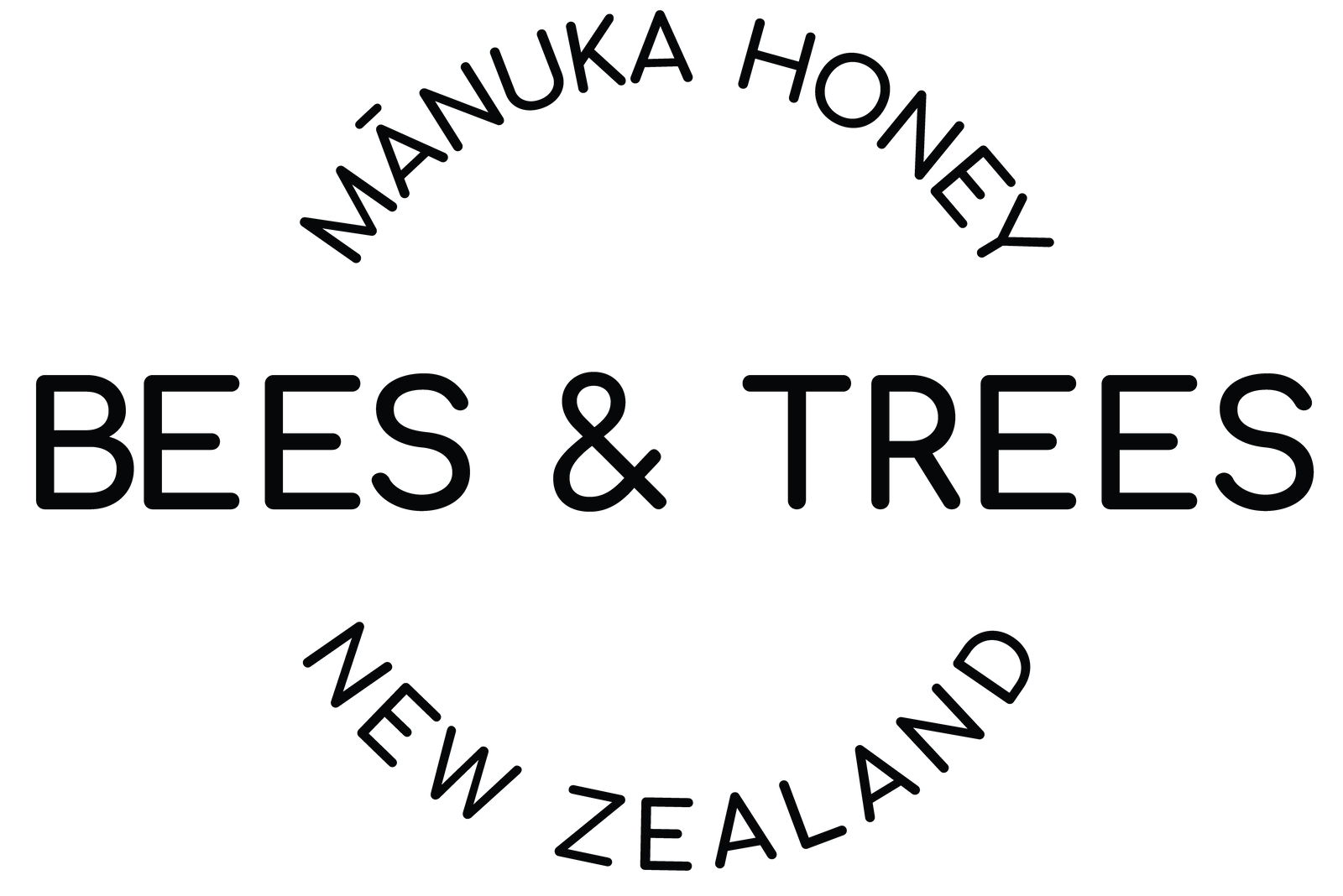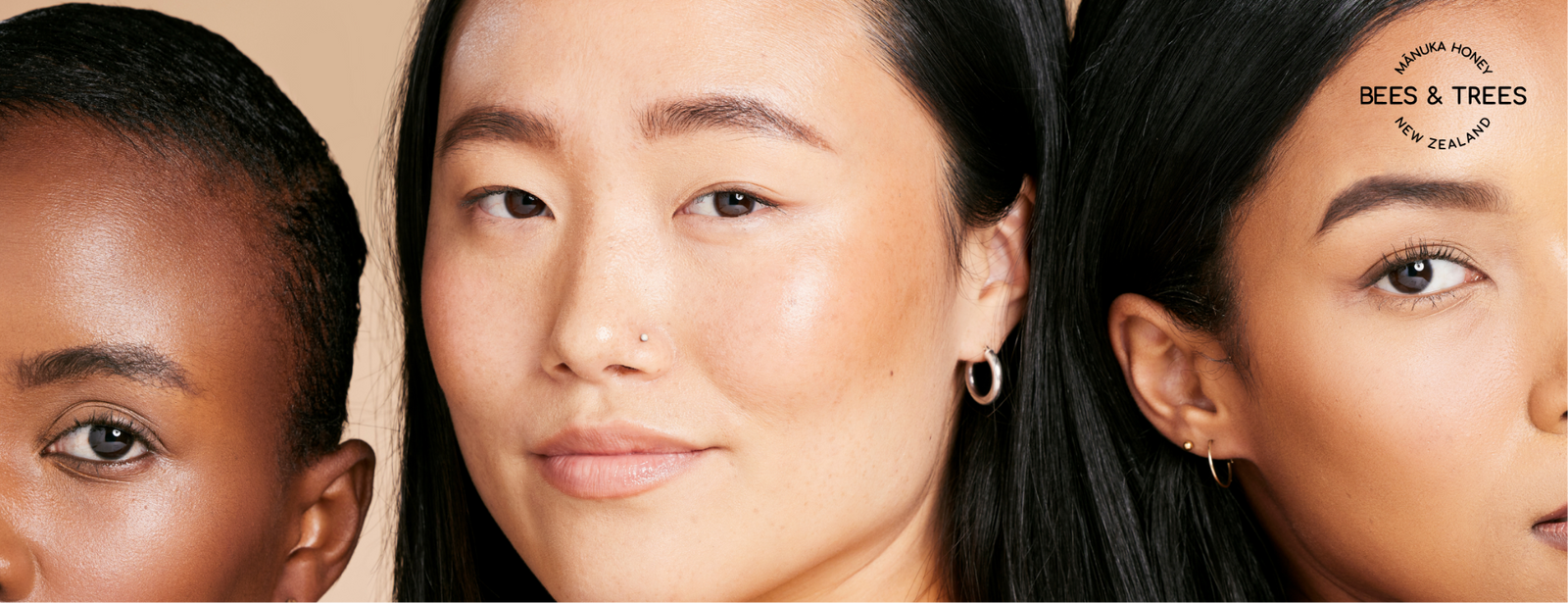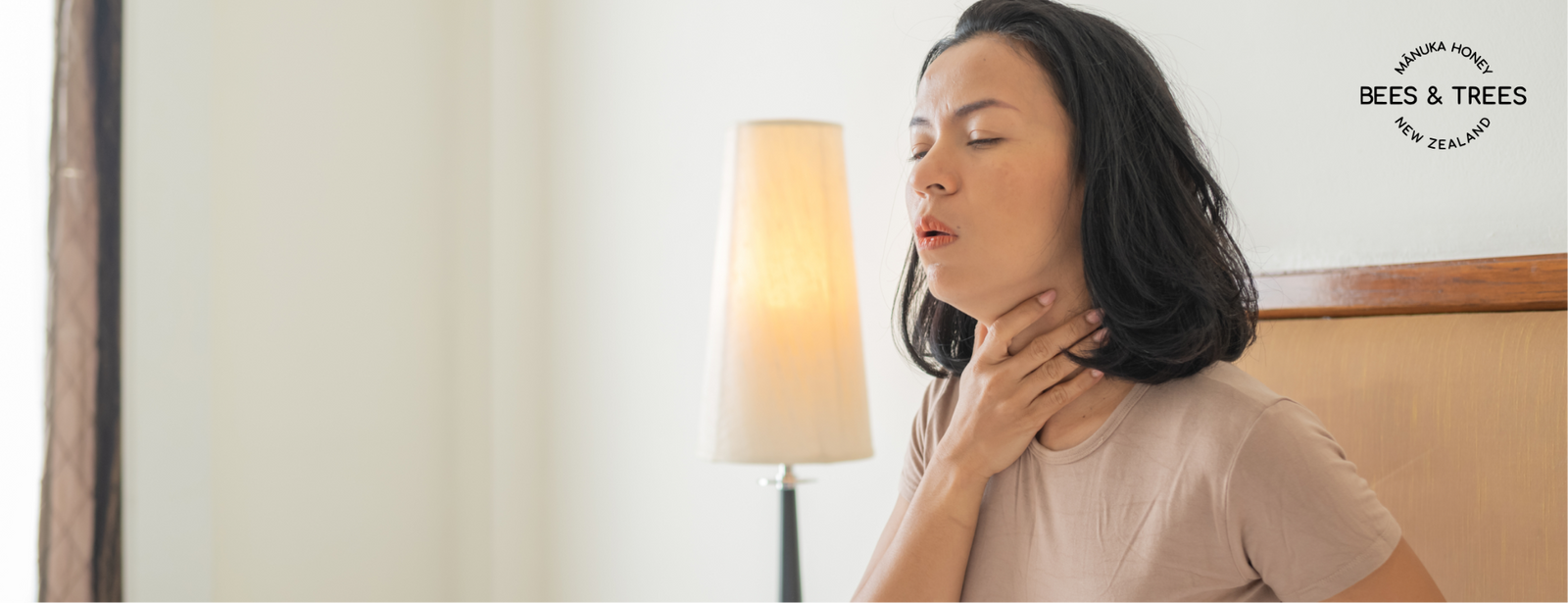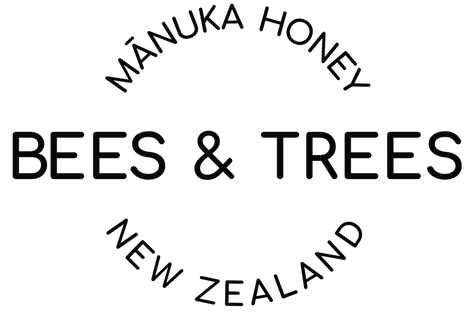Do you have questions about Manuka honey? You can find answers to the most common asked questions here. Please send us your questions here, if yours doesn’t get answered.
1. What is Manuka honey?

Manuka honey is a special type of honey that is produced by bees that forage on the New Zealand Manuka tree. The Manuka honey with the most powerful health benefits is monofloral (produced by bees that primarily forage on a single plant species).
2. Where does Manuka honey come from?

Manuka honey comes from the Manuka tree (Leptospermum scoparium), which is native to New Zealand.
3. How is Manuka honey different from ordinary honey?

Manuka honey is different from ordinary honey because of its chemical composition and geographical characteristics. Unlike other kinds of honey, Manuka honey is mainly produced in New Zealand because that is where the Manuka tree grows. It also contains high concentrations of an organic compound known as Methylglyoxal, which correlates to its potent health and wellness benefits.
It is also important to note that Manuka honey contains distinct phenolic and flavonoid compounds, which are attributed to its antioxidant properties.
4. What properties does Manuka honey possess that set it apart from ordinary honey?
Manuka honey has more potent health and wellness benefits that have led to wide research within the scientific community. Some of the most studied properties include:
- Antibacterial
- Antiviral
- Anti-inflammatory
- Antioxidant
- Antiparasitic
- Antifungal
- Antitumoral
5. What are the potential health & wellness benefits of Manuka honey? (Is Manuka honey good for you?)
Manuka honey has many health and wellness benefits, including:
- External wound care, including chronic wounds, burns, rashes, sores, wounds, and ulcers.
- Cold & flu symptom relief plus combating bacterial and viral infections.
- Digestive health, heartburn, acid reflux, ulcers, IBS, etc.
- Oral Care to fight against plaque and gingivitis.
- Skincare to promote healthier and acne-free skin.
6. Does Manuka honey taste different from other kinds of honey?
Honey tastes different depending on the type of nectar it’s made from. Manuka honey is no exception. It has a medium sweet, earthy taste and aromatic flavor. A lot of Manuka honey brands have a bit of a bite and aftertaste that some consumers dislike, but Bees & Trees Manuka honey from the Taranaki region of New Zealand tastes amazingly good and is one of the things our customers love.
7. How can I use Manuka honey

There are so many ways to use honey. Some of our favorites are:
- Spreading it on buttered toast.
- Drizzling it on yogurt.
- Serving it with white cheddar or your favorite cheese.
- Adding it as a natural sweetener to tea and coffee
- Eating it directly from the jar.
In case you want to discover more ingenious ways to use Manuka honey, please check out our recipe page.
8. What does MG/MGO mean, and why should I look for it on a label?

MG/MGO stands for Methylglyoxal, a naturally occurring organic compound found in high concentrations in Manuka honey. It is created through the conversion of DHA, a precursor organic compound in Manuka nectar. It was Professor Thomas Henle who discovered that MG correlates with the antibacterial properties of Manuka honey in 2006, leading to its development as an industry-standard in the measurement of the purity of New Zealand Manuka honey.
9. What is UMF?
UMF stands for ‘Unique Manuka Factor.’ It is a standard measure established by the Unique Manuka Factor Honey Association (UMFHA) and is determined by testing the MG level and correlating it to a UMF value on the lookup table. The non-trademarked number that correlates with a UMF value is NPA for non-peroxide activity (see chart below). Given a MG test result, the lookup for NPA and UMF will be the same number.
10. Why is Manuka honey so expensive?

First, Manuka honey is incredibly rare and hard to come by. The Manuka tree grows in the remote parts of New Zealand and only blooms for 3-6 weeks every year. This gives bees a very short window to forage the Manuka flowers and collect Manuka nectar.
Secondly, due to the remote nature of the Manuka tree, it takes specialized planning and honey-harvesting skills to access the bee hives. It is not uncommon to see beekeepers using helicopters to access bee hives during harvest.
Manuka honey also contains a unique compound known as Methylglyoxal that correlates with its potent health benefits. This differentiates it from other types and makes it more valuable. Finally, there is a very high global demand for Manuka honey due to its health and wellness benefits. This high demand leads to scarcity, forcing the prices to go up.
11. Is all Manuka honey the same?

No, all Manuka honey is not equal. Manuka honey has different grades depending on the amount of Methylglyoxal it contains. Manuka honey produced in New Zealand is tested in a registered New Zealand lab for its MG content. The higher the Methylglyoxal content, the higher the grade and the more potent the wellness properties. There are other chemical and DNA markers that are part of a regulatory framework that differentiate Mono-floral from Multi-floral Manuka honey. We always recommend staying clear of anything labeled multi-floral or manuka honey blend. These honeys contain very little actual Manuka, and will have an MG content less than 80 typically.
12. How do I know if my Manuka honey is real?
Check for an MG test result or equivalent UMF rating on the label (as shown on our jars). Avoid any Manuka honey brands that don’t contain the MG test result or a UMF rating. Especially avoid brands that use general words like “active”, “bio-active”, or some “factor” with a number that follows. These brands are labeling in an intentional way to confuse the consumer.
13. How good is Manuka honey for the skin?
Manuka honey is anecdotally reported to be great for the skin and is highly praised as a moisturizer and face mask in the beauty community. Its antiviral, anti-inflammatory and antioxidant benefits may also be beneficial in clearing acne when applied topically.
14. Is Manuka honey good for a cold?

Our customers also swear by a daily spoonful of Manuka honey every morning to keep a cold at bay. Research also shows that it may help manage cold and flu symptoms. At Bees & Trees, we always recommend having a spoonful of Manuka honey at the onset of a cold, as it can be instrumental in heading off a cold.
15. Does Manuka honey ever go bad?
Honey doesn’t spoil 3,000+ year old honey was discovered in an Egyptian tomb that had not spoiled.. Manuka honey has a very high sugar content and low moisture, which helps keep it fresh since bacteria can’t thrive in that environment. Honey can only spoil if it is contaminated or stored incorrectly. Methylglyoxal content starts decreasing after 3-5 years (depending on storage temperature and DHA content at packing), necessitating the need for a best-by date on most jars.
16. Where can I buy Manuka honey online?

You can order authentic New Zealand Manuka honey directly on our website. At Bees & Trees, we are committed to producing the best quality Manuka honey. We harvest our honey in small batches to ensure high quality, minimally process it, and then pack it. We also publish our Methylglyoxal test reports on our product pages so you can shop confidently.
Try Bees & Trees Manuka honey today.
